Barnett Berry
Research Professor, University of South Carolina; Senior Research Fellow, Learning Policy Institute; Senior Advisor, What School Could Be
Barnett Berry is a Research Professor at the University of South Carolina while also serving as a Senior Research Fellow at the Learning Policy Institute and a Senior Advisor for What School Could Be. In the late 1990s, Barnett’s work with the National Commission on Teaching and America’s Future led to his founding of the Center for Teaching Quality (CTQ) in 2000, and for the 19 years, the non-profit focused on igniting a bold brand of teacher leadership essential for effective and equitable system of public education. His two books, TEACHING 2030 and Teacherpreneurs: Innovative Teachers Who Lead But Don’t Leave, frame a bold vision for the profession’s future. In 2021, Barnett was presented the James A. Kelly Award for Advancing Accomplished Teaching by the National Board for Professional Teaching Standards; and in 2023, he was appointed a visiting scholar for TeachLab at Southern Cross University (Queensland, Australia). He currently serves on several advisory boards, including the Global Cities Education Network, Digital Promise and Next Education Workforce initiative.
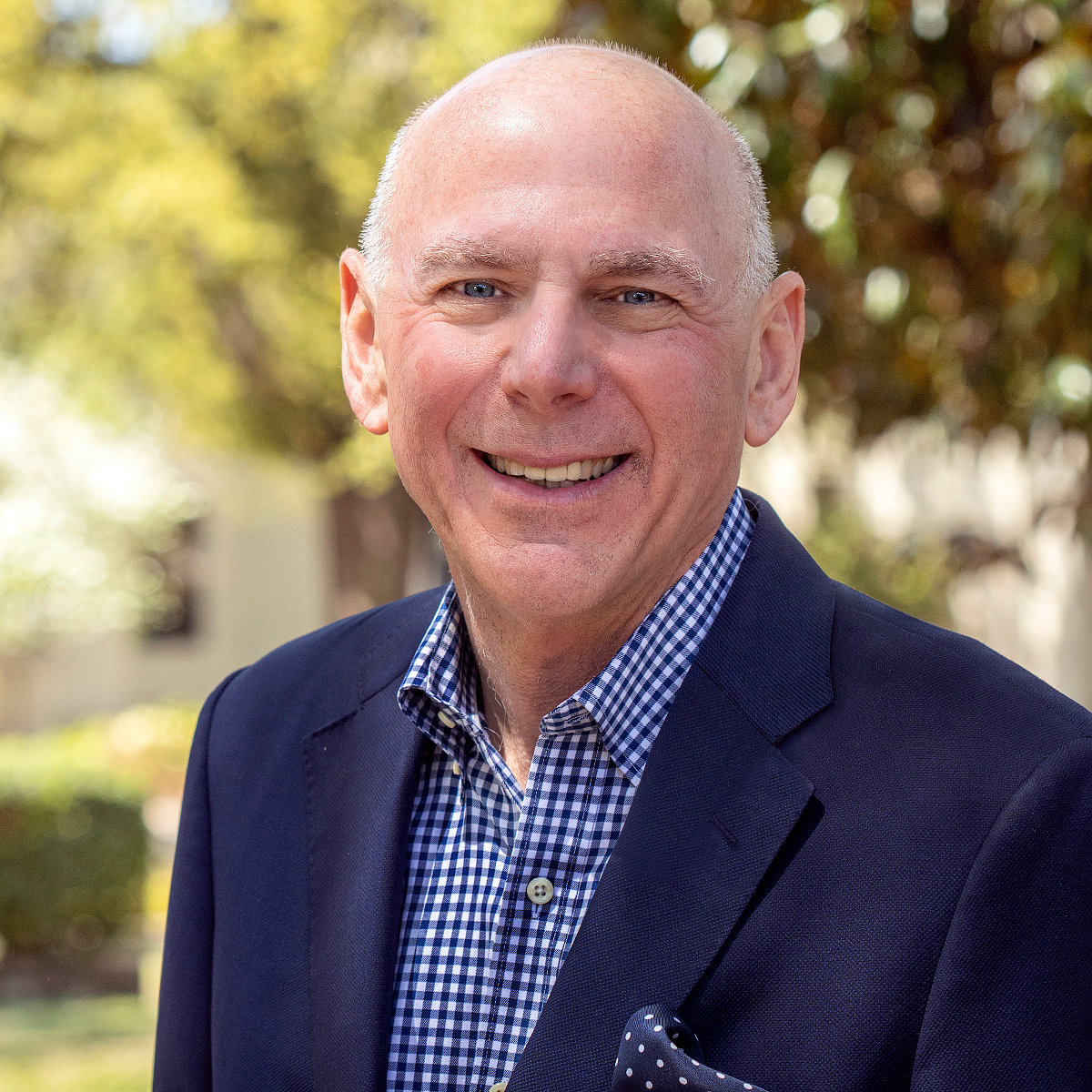
Deborah R. Grayson
Chief Education Officer, National Geographic
As chief education officer, Grayson will further the Society’s efforts to amplify and extend the work of National Geographic Explorers into classrooms, communities and with young people, in support of the Society’s mission to illuminate and protect the wonder of our world. She will work to advance the organization’s vision for millions of educators and young people to develop an “Explorer Mindset” by 2030.
Grayson has more than 20 years of experience leading a variety of leadership, learning, and organizational development initiatives in the United States and internationally. She served as the Senior Director of Leadership and Organizational Development at the Association of Research Libraries (ARL), where she designed and implemented a strategy for leadership and learning in support of research library leaders who are making significant shifts given changes in research, teaching and learning. Grayson also previously served as vice provost of Learning Design and Experience at University of Maryland Global Campus, where she and her team provided a mix of services that included the design and development of online courses, creation of open educational resources, design and implementation of global learning systems, development and implementation of blended learning solutions, and program development and management.
Grayson’s current scholarly and artistic interests focus on the intersection of science, technology and culture. She earned her Ph.D. and M.A. in American studies from Michigan State University, and her B.A. in English literature from the University of Maryland, College Park.

Kai-Ming Cheng
Emeritus Professor – Division of Policy, Administration and Social Sciences Education, and Director Education Policy Unit, University of Hong Kong
Kai-ming Cheng is Emeritus Professor at the University of Hong Kong. He was Dean of Education, Pro-Vice-Chancellor (Vice-President) and Senior Advisor to the Vice-Chancellor of the University. He is Honorary Professor in Peking University, Beijing Normal University, East China Normal University, and a few others. He taught at the Harvard Graduate School of Education as Visiting Professor 1996-2007. He is now Director of Education Policy Unit at the Faculty of Education. Trained as a mathematician, he was a school teacher and a principal before he pursued doctoral study at the London Institute of Education. He has been involved in institutional evaluation and accreditation, policy discussion and training in higher education in China and various jurisdictions. He lectures at the National Academy of Education Administration, China, and SKOLKOVO, Russia. His current attention is on the fundamental changes in society and their challenges to education, and the attention to learning as the core business of education. He has been consultant with the World Bank, UNESCO, UNICEF, UNDP and the Asian Development Bank. Locally he was member of the Education Commission and was instrumental in the on-going comprehensive reform which started 1999. He is on several global advisory committees, including the Yidan Price and the National Center for Education and the Economy (US).
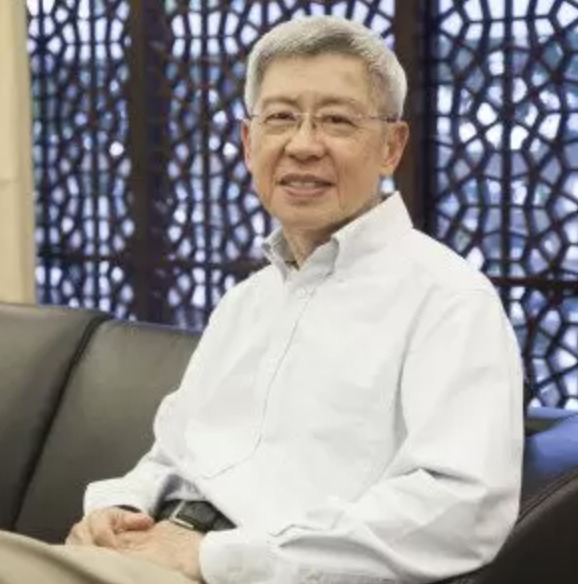
Karen Edge
Pro-Vice Provost (International) at University College London and Reader in Educational Leadership at UCL Institute of Education
Karen recently led the ESRC-funded Global City Leaders Project working with 60+ Generation X (under-40-year old) school leaders in London, New York and Toronto to understand how the new generation of leaders are experiencing their careers, leadership and future aspirations. In turn, Karen and the team actively engage in research and policy advocacy to inform how education systems and cities can create new strategies to bolster the recruitment, development and retention of school leaders.
Karen is an Advisory Panel member for International School Leadership Principals. She has been a visiting academic in Canada, Malaysia and Chile and served as Editor-in-Chief of Educational Assessment Evaluation and Accountability. Before joining UCL IOE, Karen worked in senior advisory and research roles for the Minister of Education (Ontario) and the World Bank (Washington, DC). Karen consults domestically and internationally with organisations on strategy, leadership and research topics. Partners include Local Authorities, the Department for Education (UK), ActionAid/Gates/ Hewlett Foundations and STIR Education. Karen also delivers professional and academic keynotes and workshops on leadership, knowledge management, talent spotting, well being, retention and system-level reform.

Leandro Folgar
President, Ceibal
Leandro Folgar was an Adjunct Professor in the Education Department of the Universidad Católica del Uruguay. His line of research includes Educational Environments of the 21st Century as well as Active Pedagogy and Adult Development. He holds a Master’s degree in Technology, Innovation, and Education from Harvard University in the United States. He also earned his business certification credentials from the Harvard Business School CORe degree. He has a degree in Education from the Universidad Católica del Uruguay.
He is also a TESOL-certified English teacher from Trinity College London and has 13 years of experience in different roles at several educational organizations in Uruguay. He worked as a researcher and professor of the Schools and Human Sciences and Business Sciences at the Universidad Católica del Uruguay. He is the founder of Ibirapita, a company dedicated to human development through learning, recreation and technology. Ibirapita has led several projects for business, educational, public and non-governmental organizations.
He has received numerous awards and distinctions such as the IVLP (International Visitor Leadership Program) from the U.S. Department of State for Young Leadership, a Morosoli Education Award for the ANEP-CODICEN Educational Camps Program, a Google recognition in Education for his contribution to tertiary education and an ANII-Fulbright Scholarship for post-graduate studies. He has designed several training and development programs for professionals in Uruguay and abroad.
He also worked as a research assistant at the MIT Media Lab for the SLogo nova program, which is a multi-agent simulation platform for the development of mathematical, statistical and abstraction competencies aimed at middle and tertiary education students through block programming.

Michael Trucano
Visiting Fellow, Brookings Institution; Global Lead for Innovation in Education; Sr. Education & Technology Policy Specialist, World Bank
Michael Trucano is a visiting fellow in the Center for Universal Education at the Brookings Institution, where he explores issues related to effective and ethical uses of new technologies in education. Current areas of inquiry include the use of digital educational credentials, generative artificial intelligence in education, and, more broadly, emerging edtech policies, initiatives, and institutions after the pandemic.
He most recently served for eight years as the World Bank’s global lead for technology and innovation in education and co-founded its edtech team, which coordinated assistance to governments around the world as they deployed remote learning programs in response to extended school closures during the COVID-19 pandemic. For 26 years at the World Bank, he has provided policy advice, research, and technical assistance to governments seeking to utilize new technologies in their education systems. In this role, he was adviser to, evaluator of, and/or working-level participant in large-scale educational technology initiatives in over 70 countries, including China, India, South Korea, Uruguay, the United States, and in many countries across Africa, the Middle East, and Eastern Europe.
He is particularly well known for his research and advice related to the development of national edtech policies and the building of related government and quasi-governmental agencies. Other notable areas of work and expertise include developing standards for globally comparable data related to technology use in education; technology use to support teaching and teachers; evaluating and assessing the impact of technology use in education; new directions in educational publishing and digital learning resources; edtech startups; and digital safety, privacy, and ethics in education.
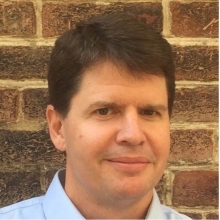
Mohamed Abdel-Kader
Chief Innovation Officer and Executive Director for the Innovation, Technology, and Research (ITR) Hub
Mohamed Abdel-Kader serves as USAID’s Chief Innovation Officer and Executive Director of the Innovation, Technology, and Research Hub. In these roles, he oversees various Agency mechanisms to promote the application of innovation, technology, and research for greater aid effectiveness within USAID and the inter-agency, and with our partners in the international development community, private sector, and civil society. Prior to USAID, Mohamed advised companies, leading NGOs and multilateral organizations, foundations and educational institutions, and government agencies in addressing their most pressing challenges. He served in the Obama administration as Deputy Assistant Secretary for International and Foreign Language Education in the U.S. Department of Education and later led the Aspen Institute’s Stevens Initiative, an international ed-tech program. He has also served several postsecondary institutions in international strategy and major gift fundraising roles.
A speaker of fluent Arabic and basic Spanish, Mohamed is a Truman National Security Fellow, an Eisenhower Fellow, and the author of a children’s book about stereotypes. He holds a Bachelor’s degree from Clemson University, a Master’s degree in Higher Education from Vanderbilt University, and an MBA from Georgetown University’s McDonough School of Business. He is also a trustee of the Longview Foundation for International Education & World Affairs.
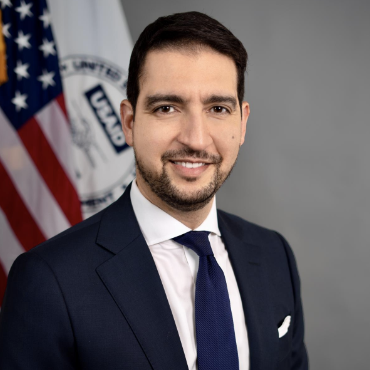
Stéphan Vincent-Lancrin
Senior Analyst, OECD Centre for Educational Research and Innovation (CERI)
Stéphan Vincent-Lancrin is a senior analyst at the OECD Centre for Educational Research and Innovation (CERI). He is responsible for the project on the Future of Higher Education (University Futures), which aims to inform and facilitate strategic decision making by governmental and other key stakeholders in higher education. He is also the co-leader of the human capital working group of the OECD Innovation Strategy. His past work includes work on internationalisation and trade in higher education as well as on e-learning in tertiary education. Before joining the OECD, Stéphan worked for 7 years as lecturer and researcher in economics at the University of Paris-Nanterre and the London School of Economics. He holds a PhD in economics and Master‘s degrees in business administration and philosophy.

Tony Jackson
Former Vice President of Education, Asia Society
For nearly 18 years, Anthony Jackson led the Center for Global Education at Asia Society, which strives to enable all students to graduate high school prepared for college, for work in the global economy, and for 21st century global citizenship. The Center is a platform for advancing education for global competence for all youth through empowering professional development for teachers and school heads, systems change, and public engagement. The Center also hosts the Global Cities Education Network, a learning community of high-performing Asian and North American urban school districts dedicated to solving common high priority problems of practice and policy. Trained in both developmental psychology and education, Jackson is one of the nation’s leading experts on secondary school education reform and adolescent development. Jackson directed the Carnegie Corporation’s Task Force on the Education of Young Adolescents, which produced the groundbreaking report Turning Points: Educating Adolescents in the 21st Century, and co-authored the seminal follow-up blueprint Turning Points 2000, considered one of the most influential books on middle school reform. More recently he co-authored Educating for Global Competence: Preparing Our Youth to Engage the World. A second edition of this work will be published in 2022 by ASCD publications.
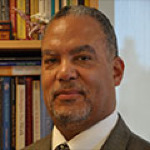
Verna Lalbeharie
Executive Director, EdTech Hub
Verna Lalbeharie is the executive director of the EdTech Hub, leading the Hub in advancing its mission to empower governments and people in using technology in education through rigorous evidence. Ms. Lalbeharie has more than 25 years of experience in strategic leadership and business development in education technology, personalized learning, research, and technical assistance. She has focused her career on evidence and advancement of education technology to create a more equitable future for all students. Her early career was spent on initiatives and research efforts to advance student success with a focus on secondary and postsecondary education reform. In an R&D capacity in non-profits for 15 years, Ms. Lalbeharie worked on complex, large-scale, national, multi-component, multi-partner, and multi-year education initiatives. Also, she has led the implementation of the digital learning initiative and the development of digital learning competencies for teachers and administrators in her pivotal role as the North Carolina state director of digital teaching and learning. Previously to her role at the EdTech Hub, Ms. Lalbeharie served as the managing director for personalized learning at the American Institutes for Research (AIR) where she guided state and local departments of education in consideration and implementation of personalized learning and EdTech initiatives. She led business development for AIR’s portfolio of research, evaluation, and technical assistance projects. She also served as the co-chair of a national steering committee for the EdTech Genome project, a research network creating a framework for supporting informed EdTech purchasing decisions based on evidence. Ms. Lalbeharie holds a BA from Smith College and a Master of Education from the University of Massachusetts-Amherst.
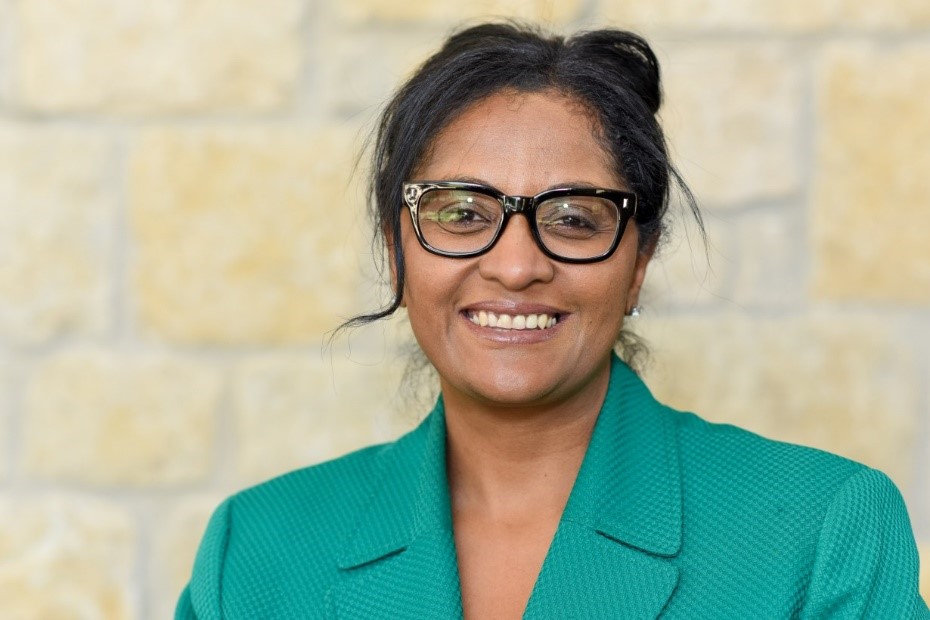
Veronica Boix-Mansilla
Principal Investigator
Veronica Boix-Mansilla is a Principal Investigator at Project Zero, Harvard Graduate School of Education, where she leads the IdGlobal and Re-Imagining Migration projects. Originally from Argentina, Veronica brings an intercultural sensitivity as well as a background in cognitive science, human development, and education, to her examination of how to prepare our youth for a world of increasing complexity and interdependence. Her research focuses on three main areas. She studies (a) global competence as it develops among learners and teachers in various world regions with a particular emphasis on intercultural education, equity and migration; (b) quality interdisciplinary research and education among experts, teachers and youth; and (c ) quality teaching and learning in disciplines (history, biology, the arts) as lenses through which to understand the world.
Veronica serves as an advisor and contributor at a variety of institutions including UNESCO, OECD, Asia Society, Smithsonian Institute, AFS American Field Services, the Longview Foundation, the Association of American Colleges and Universities, Council of Chief State School Officers, the Socio-Environmental Synthesis Center, the International Baccalaureate, WorldSavy and Global Kids, among others. She teaches at the Harvard Graduate School of Education and has taught the University of Buenos Aires. She is the author of multiple papers and books including “Educating for Global Competence: Preparing our youth to engage the world” (2011) with Tony Jackson. Second Edition forthcoming.


We want to hear from you!
Please take this 5-minute survey and help us serve you better.
